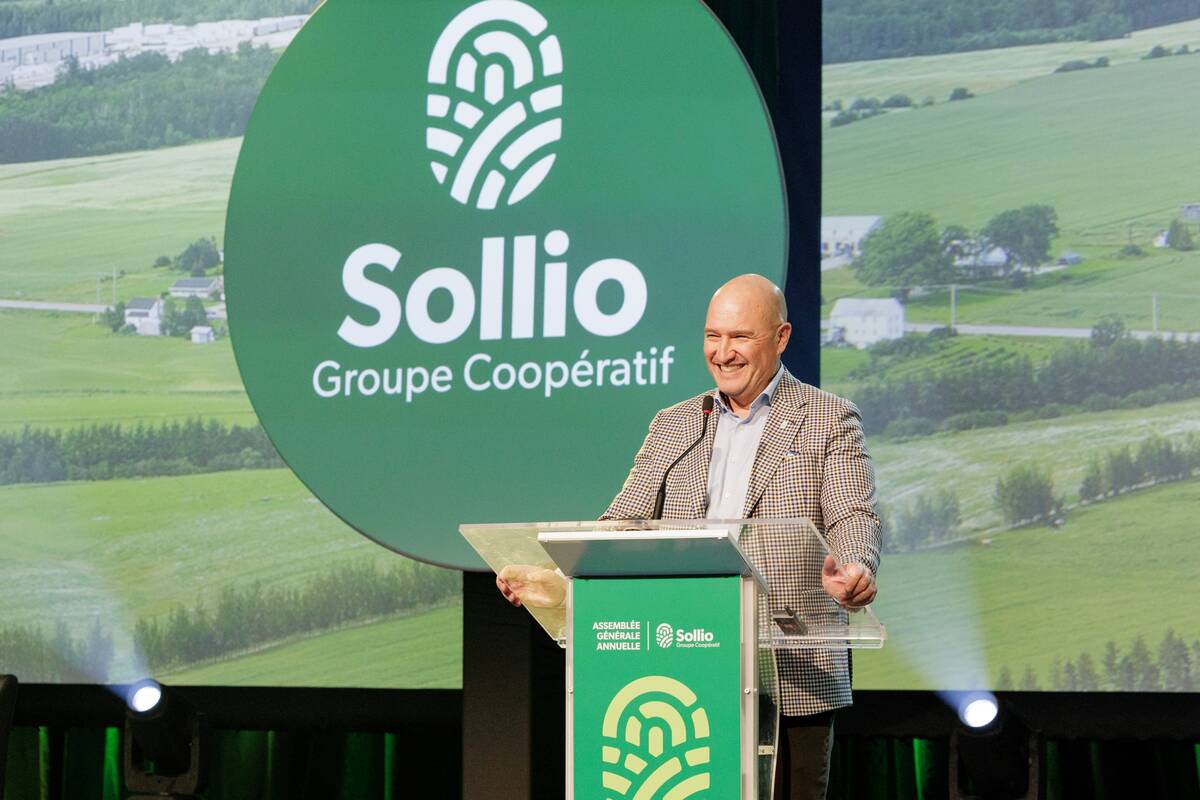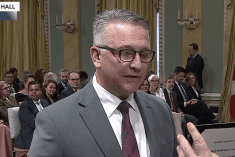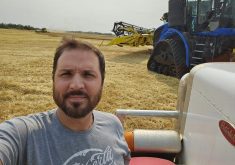Glacier FarmMedia—When it comes to the 2025 federal election, what do farmers from different regions of Canada have in common?
Glacier FarmMedia reporters and contributors from Ontario, Quebec, Alberta and Manitoba asked farmers about their election priorities, how represented by the federal government they’ve felt — and finally, if there’s anything they’d like farmers from other regions to understand about the issues they face.
In part four, farmers reflect on what they’d like farmers from other regions to understand about the issues they face.
Read Also

Olymel parent company sees increased earnings in 2025
Meat processor Olymel recorded sales of nearly $4.9 billion in 2025 helped by strong pork and chicken markets said parent company Sollio Cooperative Group.
Read part one, part two and part three.
For more election coverage, visit the Western Producer’s election page.
Ontario
Dairy farmer Davina Garner would prefer if there was a better understanding of the different pressures faced by farmers in the East versus the West. As the organizer of an all-candidates’ meeting on behalf of the Oxford County Federation of Agriculture, she believes there’s a wider range of farms in Ontario than on the Prairies.
“Plus I think we tend to be more limited here by red tape if we want to expand,” Garner added.
Garner’s biggest concern during the campaign is whether the parties’ efforts to tackle the perceived housing crisis will accelerate the loss of prime agricultural land in the province.
Pete Overdevest said it’s unfortunate that the news and culture of Toronto is often what Western farmers hear when it’s a completely different reality in Ontario’s farm country.
Matt Underwood suggested western farmers might benefit from knowing that most of their Ontario counterparts live in ridings that have stayed blue for several elections.
Alberta
Phil Constantin said producers across the country can all agree on many concerns in the industry.
“I think at one time or another we all face each other’s problems. We’re all facing droughts, we’re all facing floods. But I think the biggest thing is when we have a swing this big on pricing,” he said.
Constantin said the lack of competition in grains pricing is damning to the industry.
“We don’t have enough competition in the grain market at all.… We’ve lost Viterra to Bunge, so what do we have for competition? We used to have the Canadian Wheat Board, and we had farmers running it at the end and doing a great job, but they shut us down. Then they took all our assets and sold it to G3.”
Bryan Perkins sees Alberta agriculture as an export-first economy as opposed to other regions that can rely more on domestic consumption. In a global trade war, that is a worry.
“Our Western Canadian agriculture is very much oriented to export kinds of commodities. Certainly we use our products here in Canada, but a lot of the products — whether it be livestock or grains or oilseeds — are heavily exported,” he said.
“We have to be concerned about the supply managed sector having undue influence on trade negotiations,” he added. “I think it can be framed in a way, certainly, that makes it possible to still have that kind of program in place, but yet there needs to be respect for those of us who … are very much oriented to the export markets.”
Manitoba
Grain and oilseed farmer Curtis McCrae said he has a neighbor from Ontario who still farms in that province. Their priorities are very similar.
“We think a lot alike,” he said.
Manitoba is much more export-oriented than Ontario, he noted. Farmers there might not understand how crucial infrastructure like ports and railways are to producers in the West, and the magnitude of threats posed by strikes.
Quebec
No answer provided.














